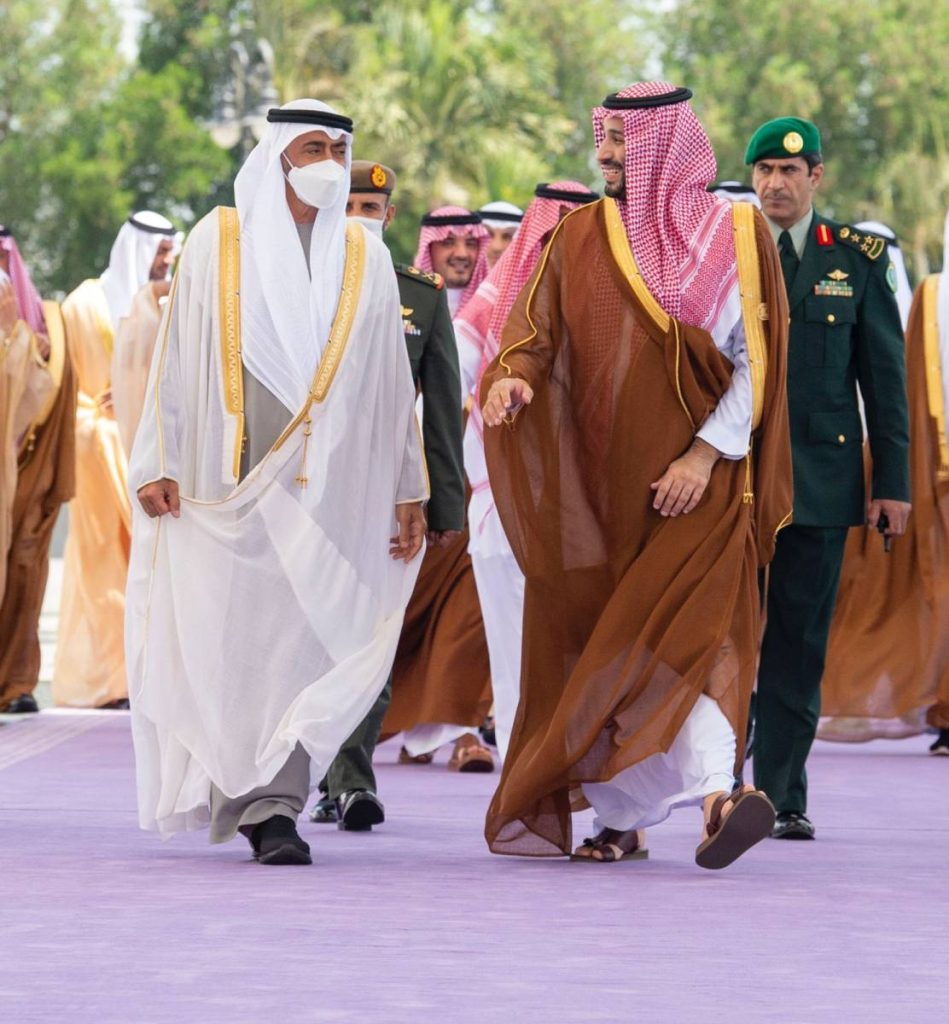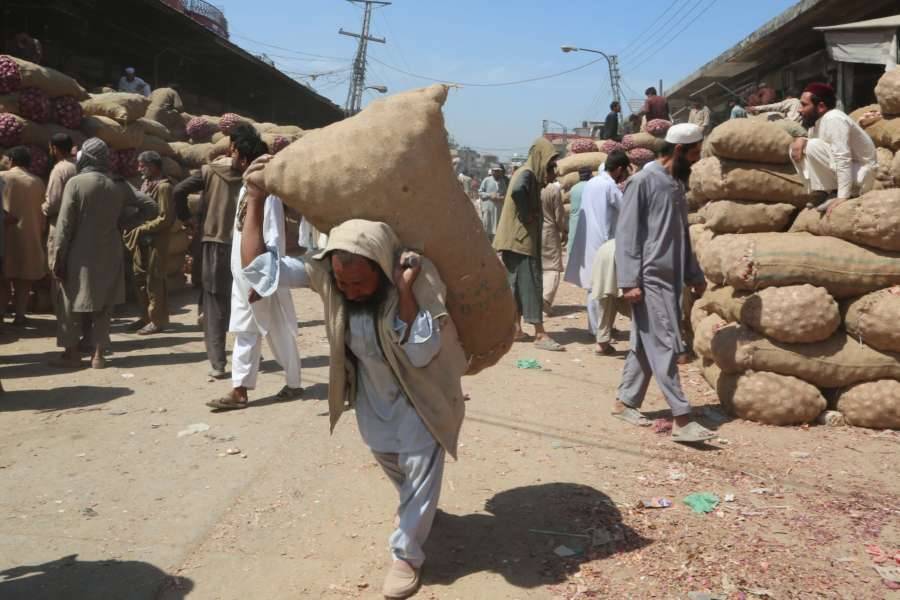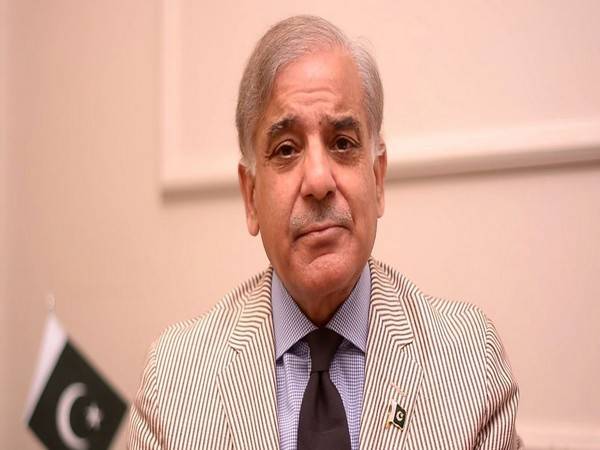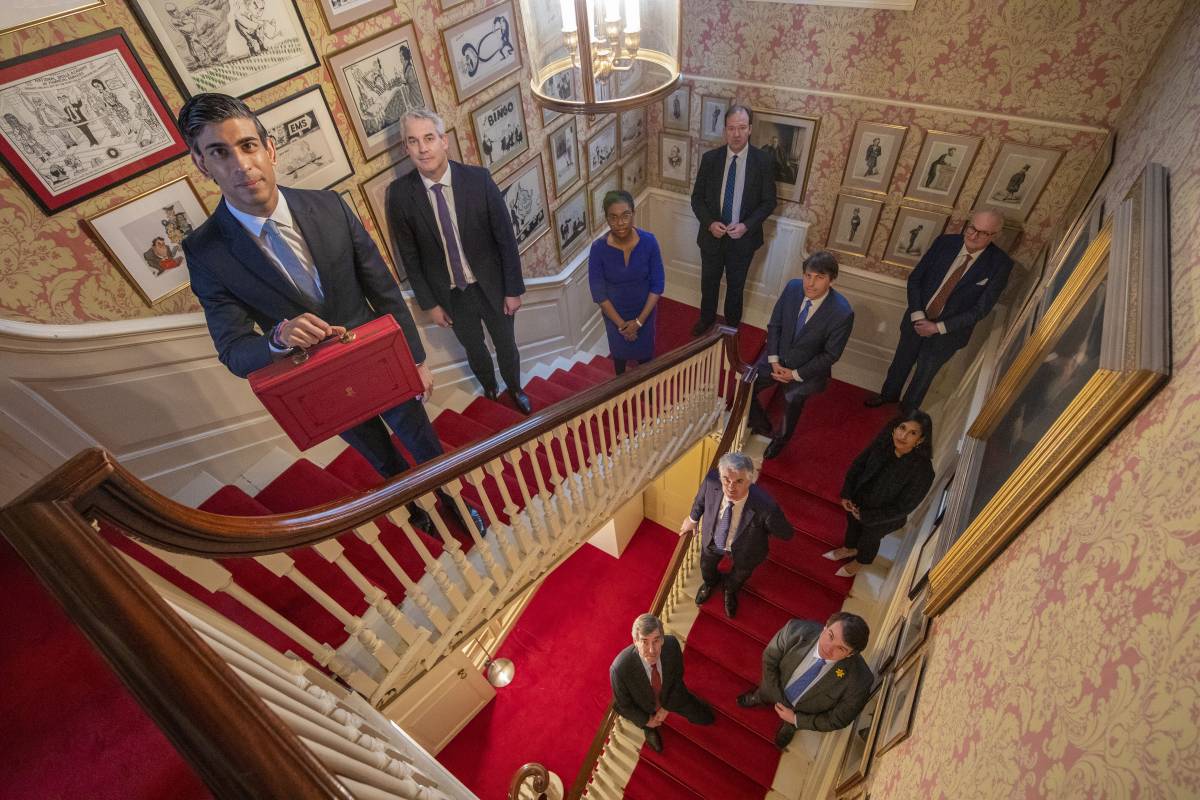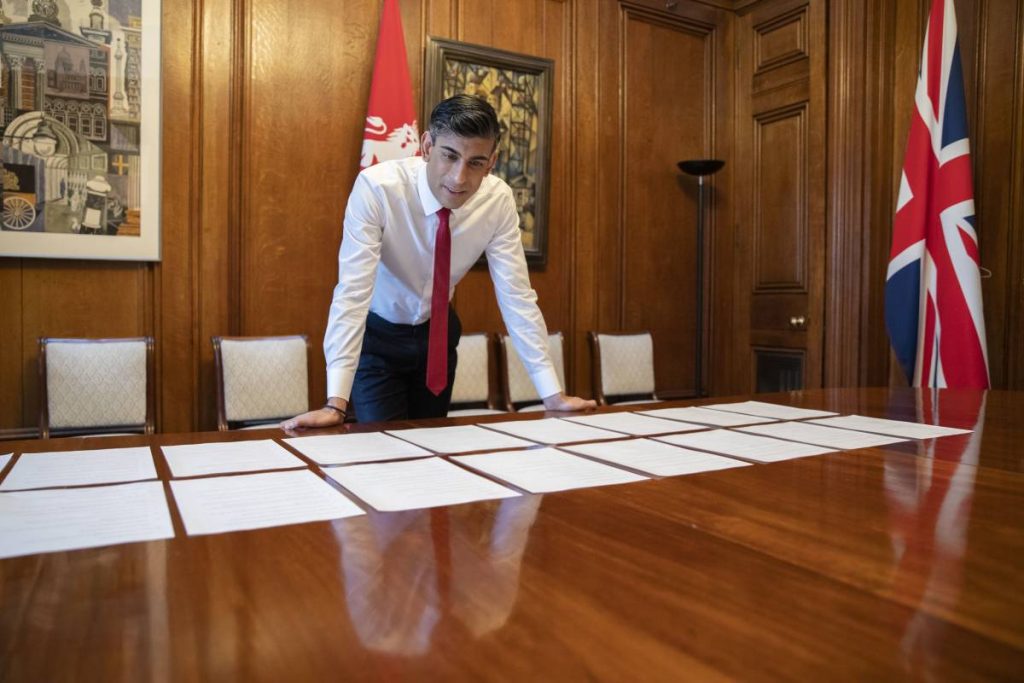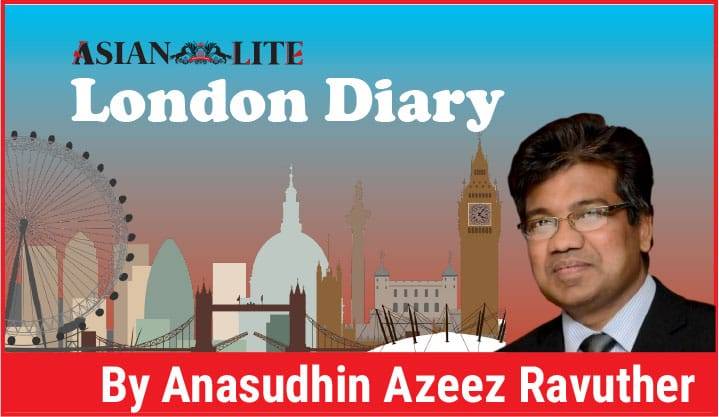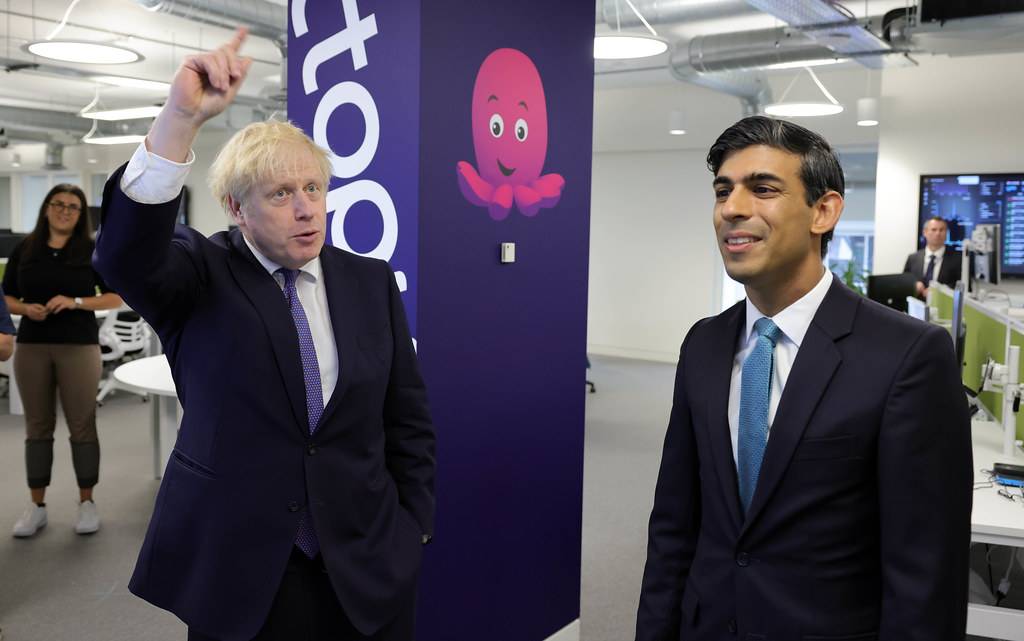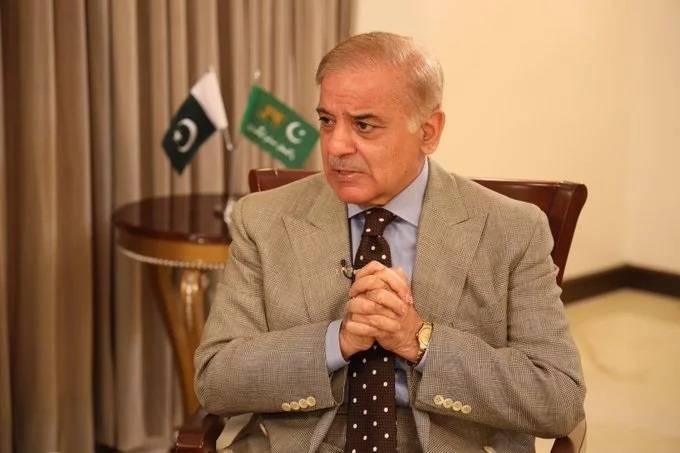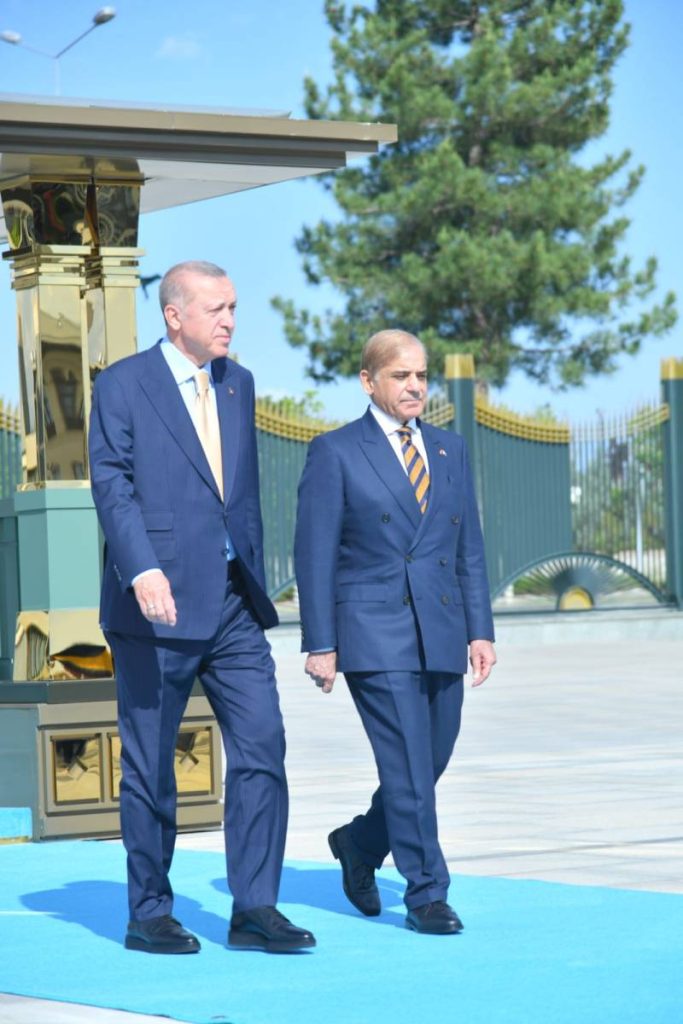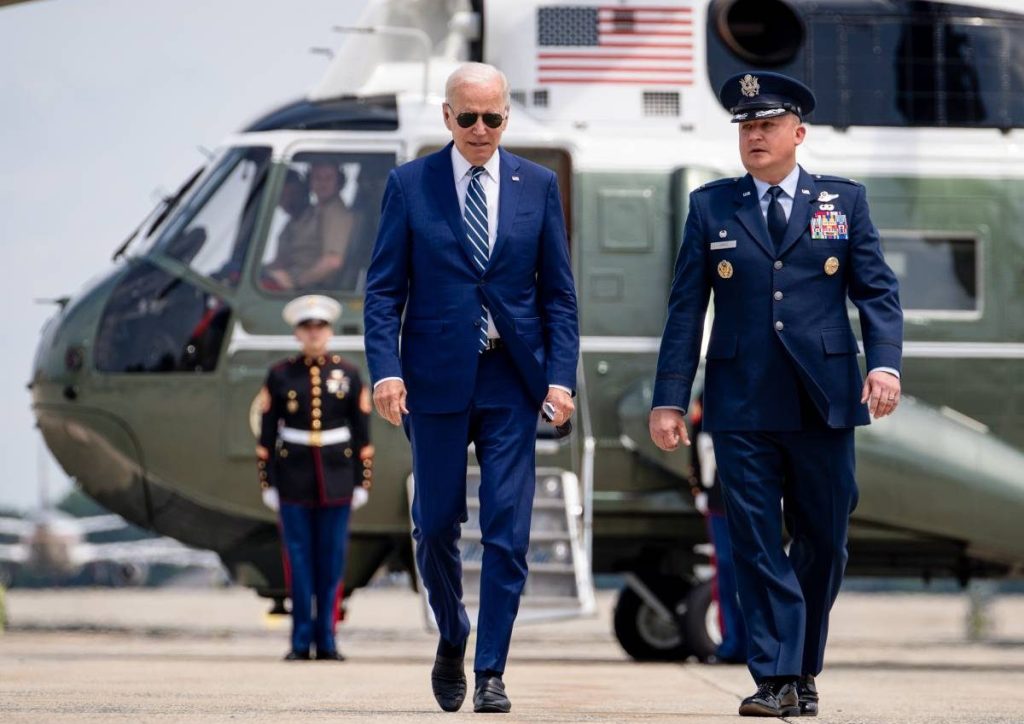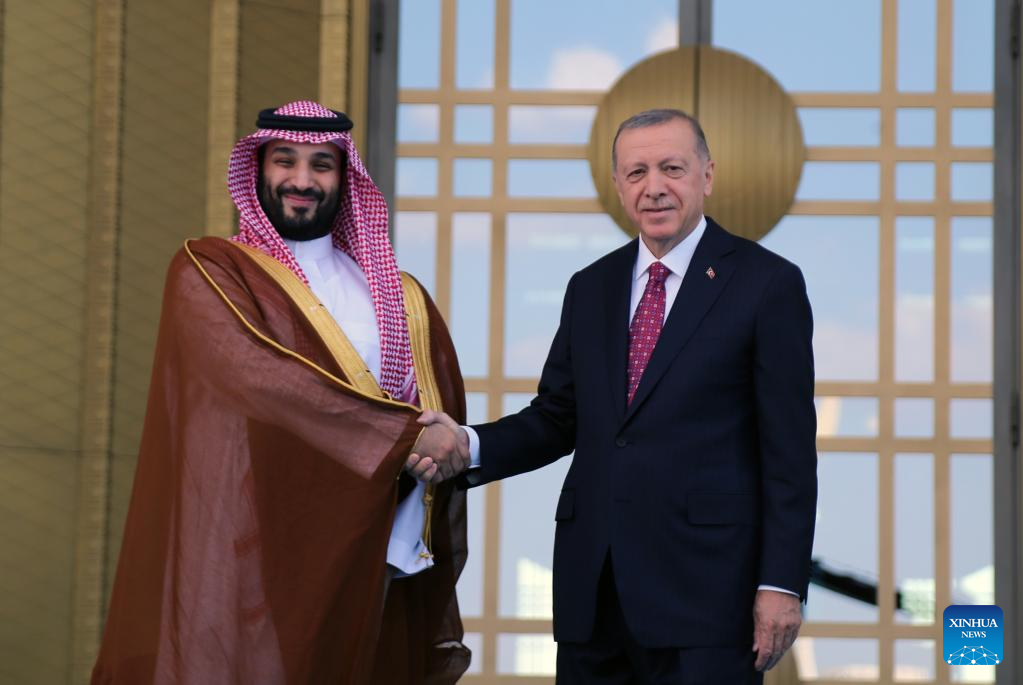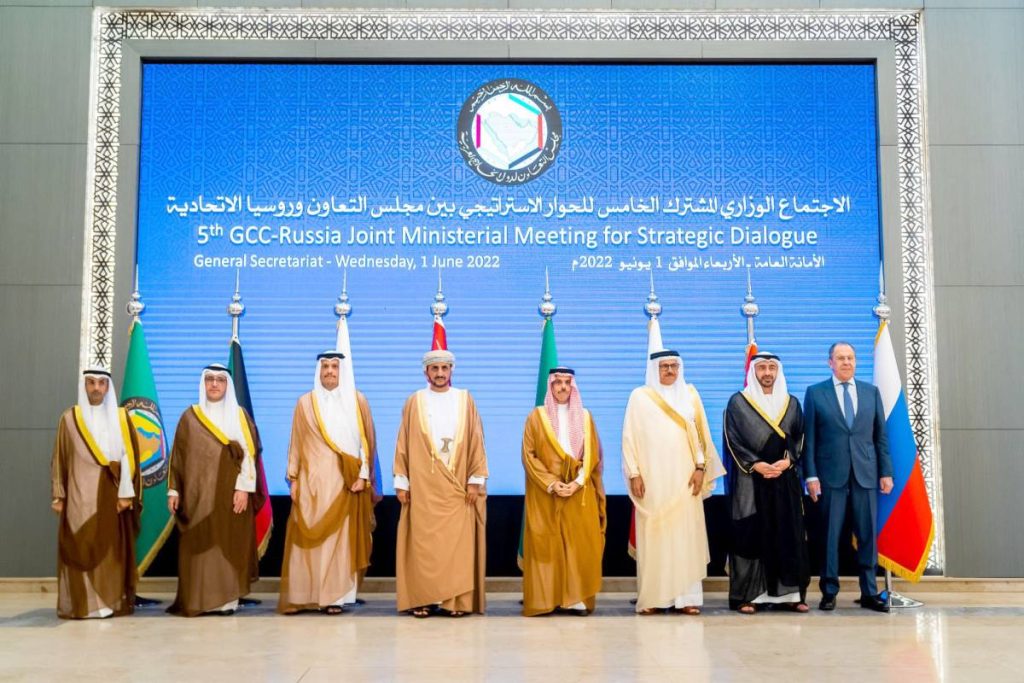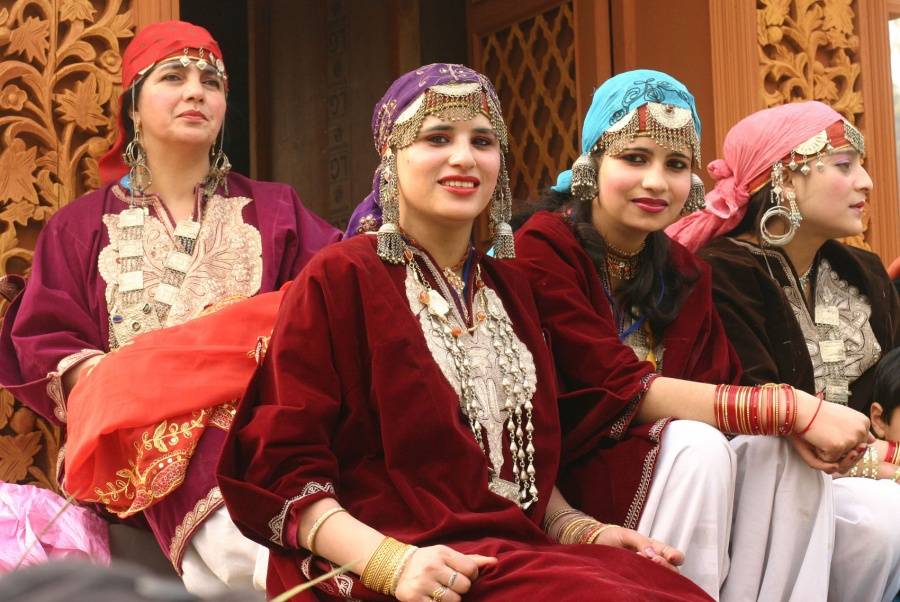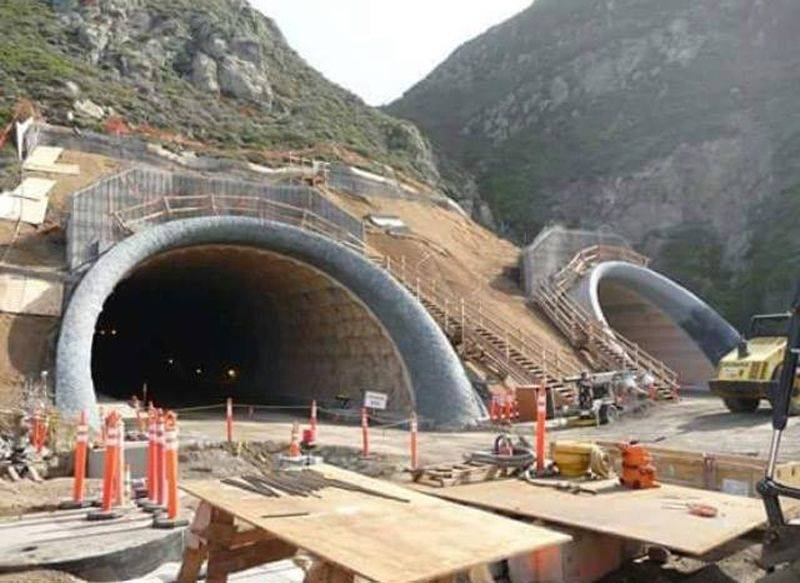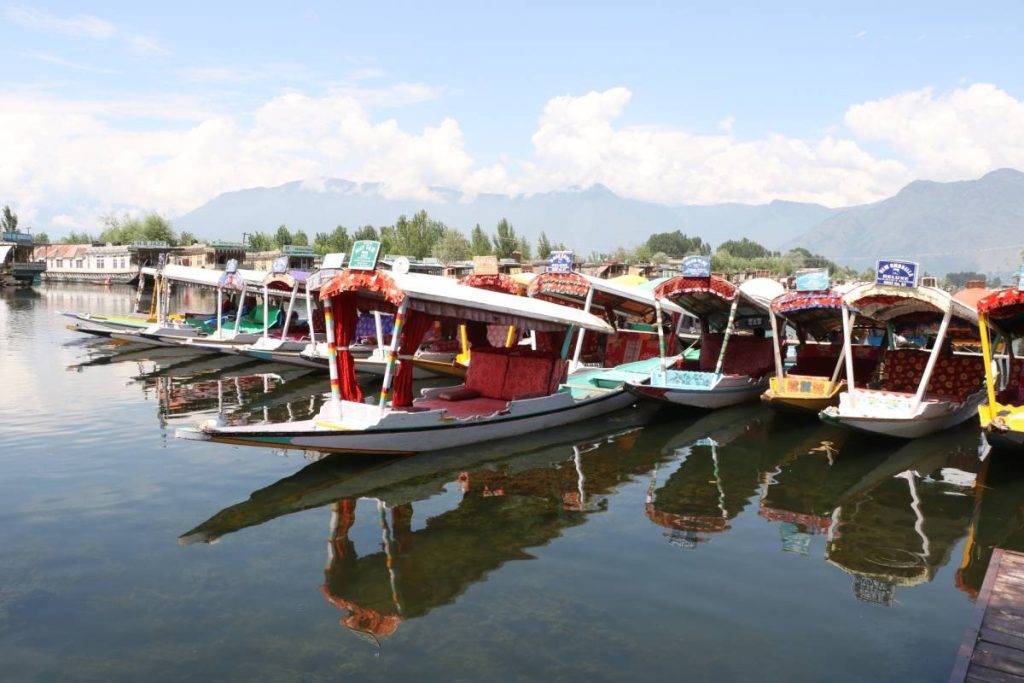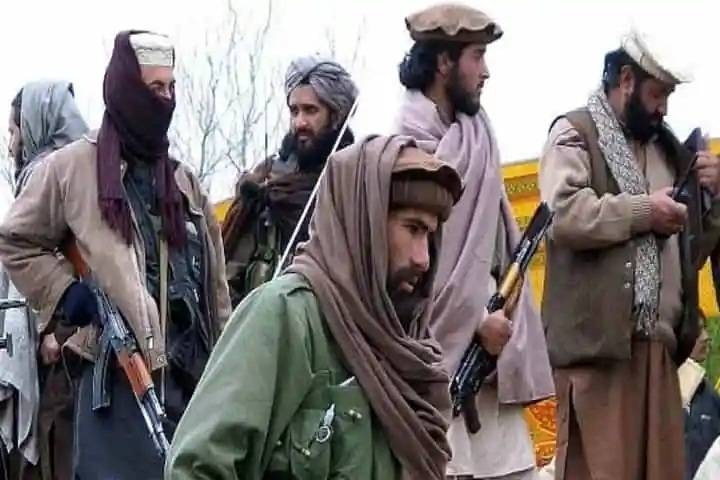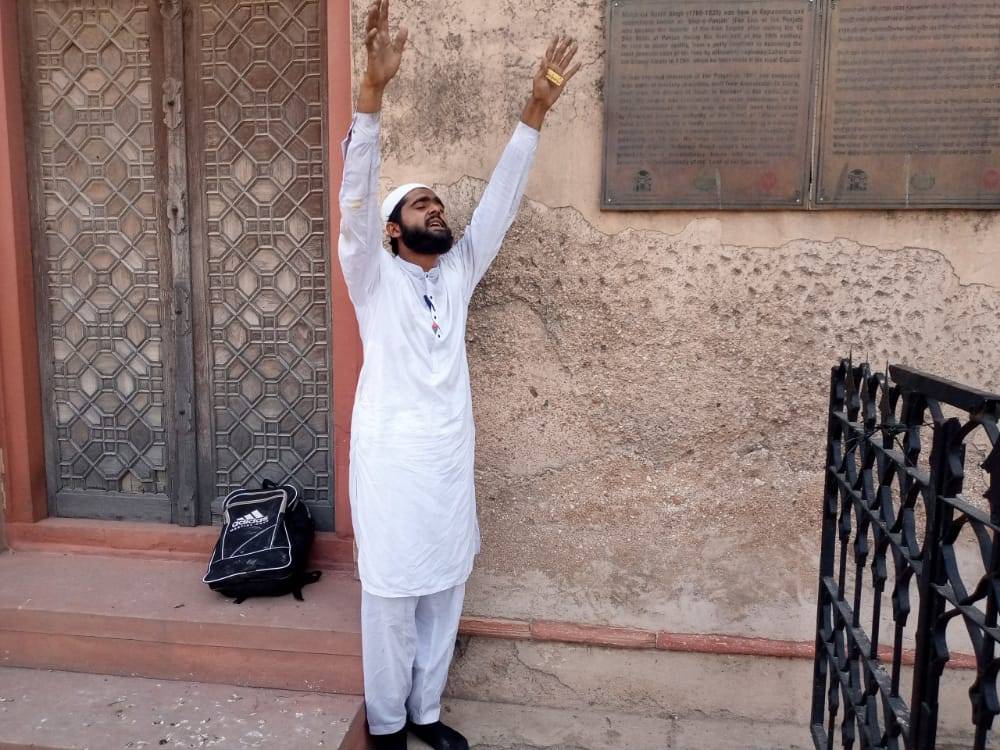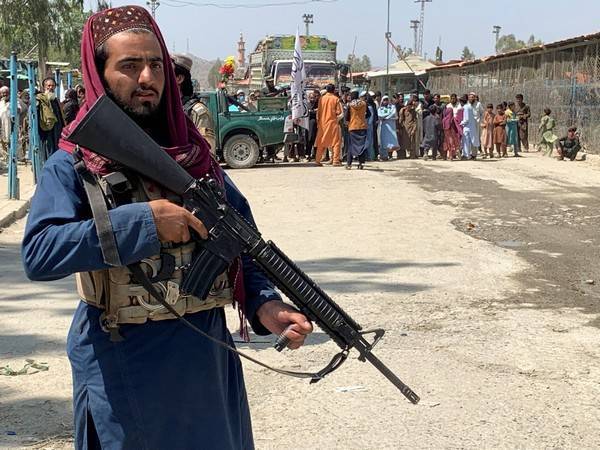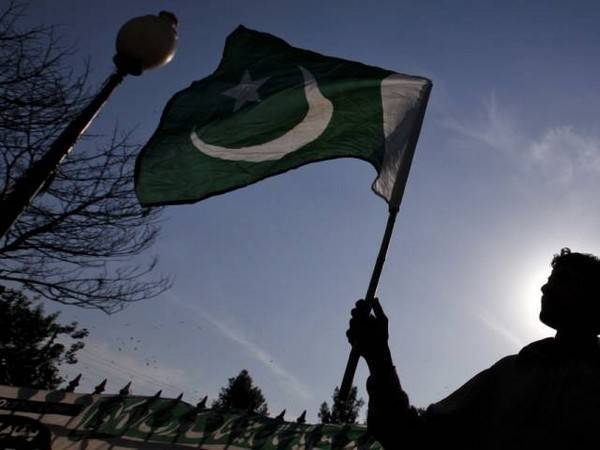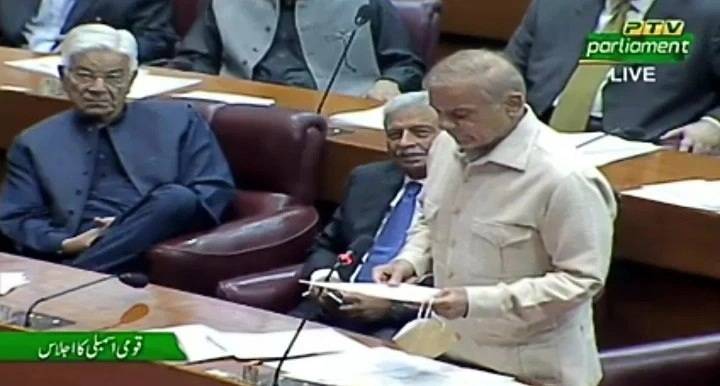It is not only ill treatment but the Chinese investors usually accuse local workers of stealing and verbally and physically abuse them and blatantly violate laws. The Centre for Research and Development (CRD), a Manicaland-based natural resources governance organisation stated that Chinese mining operations in Odzi were blatantly violating laws that regulate health and safety issues …. Writes Kaliph Anaz
China has funded and provided loans for many infrastructure projects across Africa in recent years, including the new parliament in Zimbabwe. Chinese investments have increased over time in African countries mainly to exploit their natural resources to cater to the raw material requirements of their industries. But it pays little attention to social and environmental impacts in the host countries.
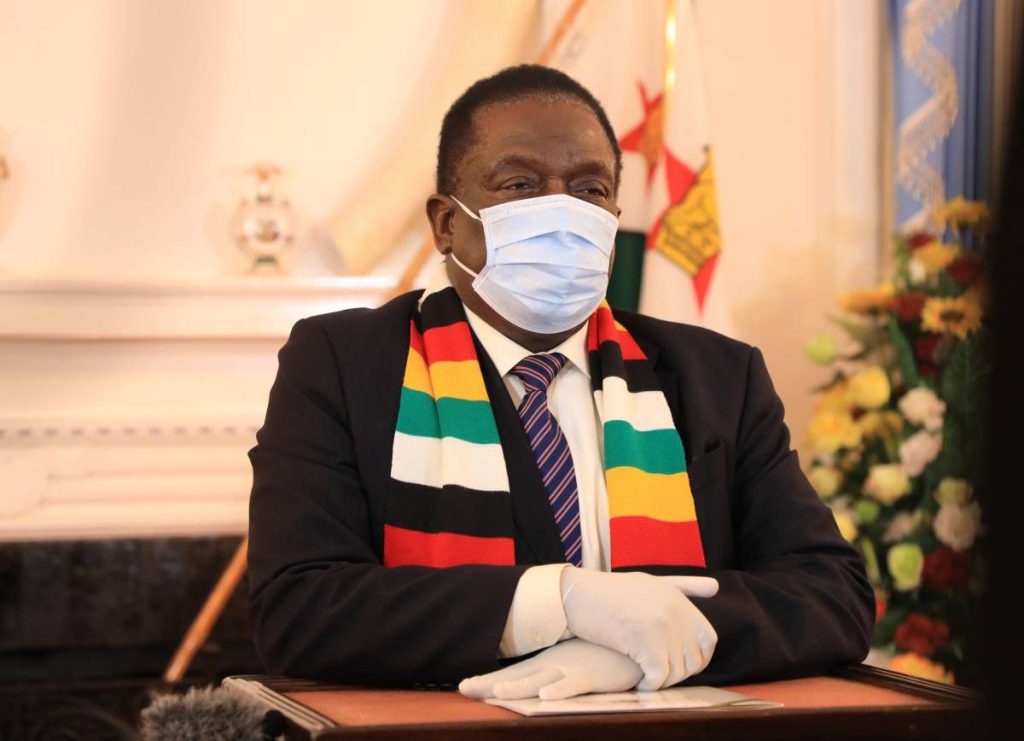
Recently a Chinese-run gold mining company operating in the Odzi peri-urban area of Mutare district, Zimbabwe has been accused of ill-treating workers and flouting the country’s labour laws and regulations. Notably, the Chinese company registered as Odzi Resources Zimbabwe Private Limited runs a number of gold mines across the country, including in Mashava, Mbalabala, Bulawayo, Kwekwe and Mazowe. In another incident, the Zimbabwe Diamond and Allied Minerals Workers Union (ZDAMWU) appealed (September 19) to the Chinese embassy in Zimbabwe to intervene and ensure Chinese investors comply with the laws of the country. This is just the latest incident in a string of allegations against Chinese companies operating in the country.
It is not only ill-treatment but the Chinese investors usually accuse local workers of stealing and verbally and physically abusing them and blatantly violating laws. The Centre for Research and Development (CRD), a Manicaland-based natural resources governance organisation stated that Chinese mining operations in Odzi were blatantly violating laws that regulate health and safety issues.

Tatenda Chikwanha, a former worker claimed ill-treatment of workers at the Odzi mine by the Chinese employer, who was recently fired after speaking out against the rampant abuse. He added that workers were not provided with protective wear, decent meals and accommodation while on duty. Fearing victimisation many workers also could not spell the problems of poor working conditions to the authorities.
According to the Zimbabwe Environmental Lawyers Association (ZELA), wages are often very low and in many cases are not paid on time. If someone tries to exercise their right as a worker and demand what is due to them getting assaulted or shot. Nearly 40 workers employed at a Chinese-controlled mine near Doneni, Muzvezve area in Kadoma who have gone for months without salaries, said that they are being treated like slaves by the owners. They also alleged that they are forced to work in the mine shaft without any protective clothing, exposing them to injuries and other health hazards.
There are a plethora of complaints against Chinese investors. One such incident indicated that Chinese ceramic tiles manufacturing company Sunny Yi Feng had entered into a war of words with the Zimbabwe Congress of Trade Unions (ZCTU) over claims of labour rights abuse, including unsafe working and living conditions. As per the ZCTU President, the Chinese company was using some chemicals in the manufacture of ceramic tiles due to which female workers end up collapsing. As of now, no legal action has been taken against the Chinese company.
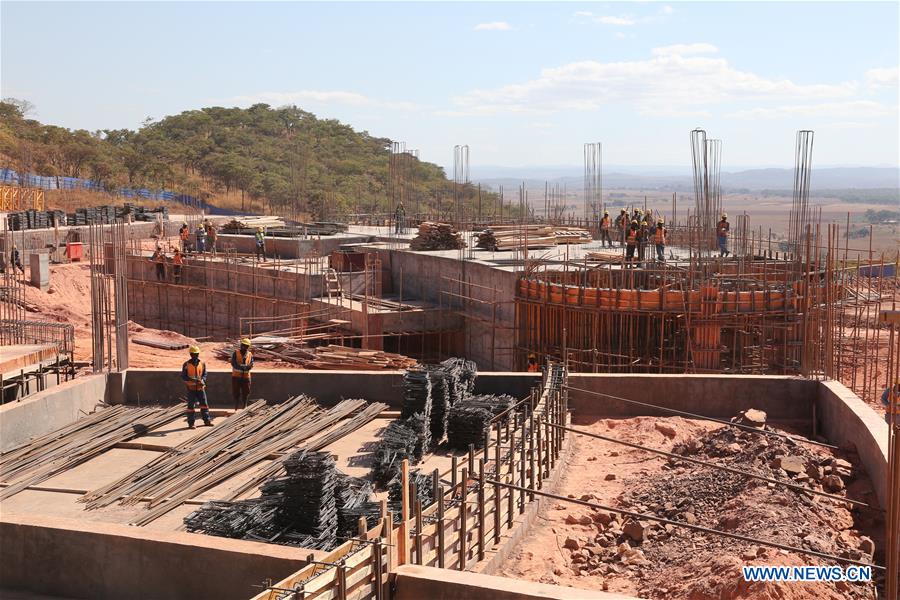
As per a 2016 report by the Brookings Institution, there are at least 10,000 Chinese nationals in Zimbabwe, many of whom work in the mining, telecommunications, and construction sectors. Chinese-owned companies, however, have become notorious for their mistreatment of workers. In April 2019, workers at a mining company went on strike over lower wages than legally stipulated and demand for the provision of PPE which went unanswered. Workers complained that this has exposed them to hazardous fumes and increased the risk of losing limbs or being burnt.
China is Zimbabwe’s biggest investor in every sector from agriculture to construction and its fourth-largest trading partner. It has significant interests in the mining industry. But the Chinese-run companies have been dogged by controversy with gross human rights violations and safety norms for mining workers. The recent incident of ill-treating by the Chinese mine owner has once again exposed the exploitation of locals and unethical practices adopted by Chinese employers in the African nation.


